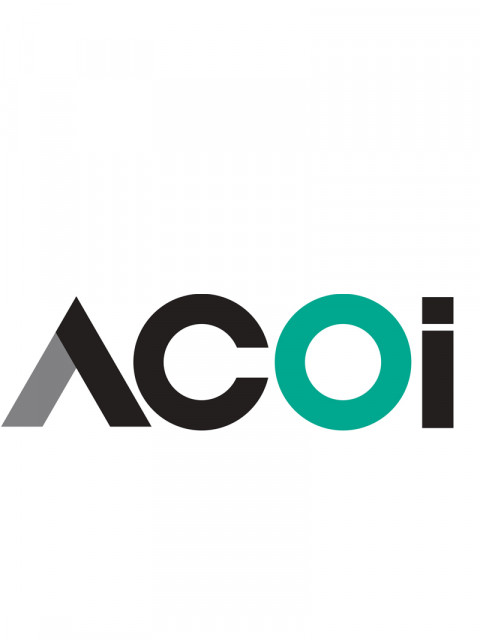
Senate Lawmakers Want to Tackle Physician Payment Reform
by ACOI
February 21, 2024
A bipartisan group of senators have joined together to tackle Medicare physician payment reform. The senators have committed to investigating shortcomings of the physician fee schedule (PFS) and the Medicare Access and CHIP Reauthorization Act (MACRA) to propose long-term reforms.
The announcement of the working group comes as physicians are suffering a 3.37% Medicare payment reduction that took effect on January 1, 2024. Congress still has the opportunity to reverse or mitigate the cut. ACOI encourages our members ask lawmakers to intervene.
MACRA, enacted in 2015, got rid of the Sustainable Growth Rate (SGR) formula which was put in place by Congress in 1997 and was designed to control Medicare spending. Under the SGR formula, if overall physician costs exceeded target expenditures, it triggered an across-the-board cut in payments.
From 2003 through 2014, Congress intervened 17 times to override SGR-mandated reductions. These congressional interventions became known as “doc fixes.” Only once did Congress allow cuts to go through and that was in 2002—less than four months after the September 11 attacks.
While MACRA stopped the need for annual congressional interventions, it is responsible for widening the gap between Medicare payments and practice costs. When creating MACRA, Congress set the PFS annual update at 0.5% from 2015 to 2019, and at 0% from 2020 to 2025 while inflation grew. According to the American Medical Association, when adjusted for inflation in practice costs, Medicare physician payment has actually declined 30% from 2001 to 2024.
MACRA also created the Quality Payment Program which was designed to provide a glide path for physicians from the Merit-based Incentive Payment System (MIPS) to alternative payment models. MIPS has been widely viewed as a failure, with even the Medicare Payment Advisory Commission acknowledging the significant burden it imposes on clinicians and calling for its elimination.
ACOI supports Medicare physician payment reform and is encouraged by congressional interest in fixing the broken system instead of annual interventions, or “doc fixes.” Last year, ACOI wrote to congressional lawmakers that “the Medicare physician payment system is on an unstable path that threatens beneficiary access to care” and asked for an annual inflation-based update tied to the Medicare Economic Index. Wholesale payment reform will require more than instituting an adequate inflationary update, and it will take time and require the input of the physician community. ACOI will be monitoring the activities of the new working group and looking for ways to engage.

